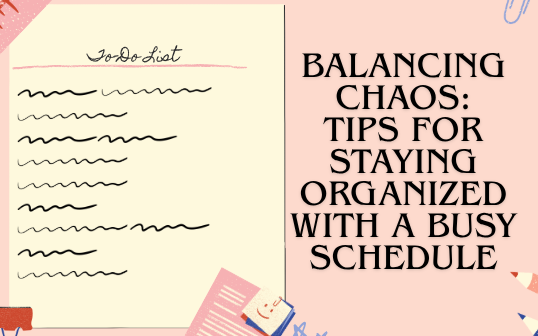Going back to school after breaks is never fun, especially if you are not well-rested. Most everyone loves to stay up late and sleep in during breaks, so sleep schedules are always off track. Twisting and turning in bed can get irritating fast, so finding ways to get your sleep schedule back on track can be a relief. Luckily, there are several ways to effectively and naturally get your sleep schedule back on track.
First, it is important to understand what your body’s circadian rhythm is. According to Sleep Foundation, circadian rhythm is your body’s internal clock. Your circadian rhythm helps your body be alert and sleepy during appropriate times. Unfortunately, teens’ circadian rhythms are set up to get sleepy around eleven at night and alert around nine in the morning, which is much later than when a typical school day starts. In order to influence your circadian rhythm, lighting is essential. Dim lighting can make your body feel drowsy, while bright lights can make your body feel more awake.
Healthline published an article explaining twelve ways one could fix their sleep schedule. The first way correlates with Sleep Foundation’s main tip- fixing the amount of light you see before bed. Limiting the amount of exposure to light can trick your body into feeling sleepy by releasing melatonin. According to Healthline, “When you’re exposed to light, your brain stops producing melatonin, the sleep hormone. This makes you feel awake and alert.” By manipulating the amount of exposure to lighting in your home before you sleep, you are naturally tricking your brain into producing melatonin, rather than taking supplements.
Another important tip from both Healthline and Everyday Health is to keep your sleep schedule the same throughout the week. If you want to fix your sleep schedule, you have to make one first. Having a regular sleep schedule is important because your body will start to become acclimated to your bedtime and wake-up time. According to Healthline, “By following a regular schedule, your internal clock can develop a new routine. Over time, you’ll be able to fall asleep and wake up with ease.”
Another important tip (that you may not want to hear) to consider is not taking naps. Napping can mess up your sleep schedule by making it difficult to fall asleep on time. School and work can be very tiring, but naps may actually make you even sleepier. According to Healthline, long naps can make you more tired by interfering with deep sleep. If you happen to slip into a deep sleep state, it is important to not wake up during that time. When napping, people often wake up during those periods of deep sleep. Healthline suggests taking naps no longer than thirty minutes and before three in the afternoon to ensure your bedtime does not get messed up. A good tip from Pelayo is to exercise during the times you feel like napping so you can “chase away the sleepiness.”
Exercising is also a great way to improve your sleep during the night. According to Healthline, getting exercise every day helps your tissues and muscles align with your biological clock, which then links to your circadian rhythm. Only thirty minutes of moderate aerobic exercise can improve your sleep at night. However, exercising too close to bedtime can make your body feel more awake. Healthline suggests working out two hours before bedtime in order for your body to have to relax.
In order to keep your sleep schedule a preferred way, it is important to understand how easily a sleep schedule can be thrown off track. According to Sleep Foundation, some determinants of sleep are jet lag, work, advanced or delayed sleep timing, artificial light exposure, fluctuating sleep hours, behavior patterns, caffeine and energy drinks, and stress and emotional difficulties. Many teens deal with late-night shifts, stress, and energy drinks in the evening which could be a reason for a disturbed sleep schedule. Being mindful of determinants in your sleep schedule could help you learn how to fix disruptive substances in your everyday life.
Since waking up in the morning is often dreadful to most people, learning how to fix your sleep schedule can make it a little more bearable. Having a good, consistent sleep schedule is very beneficial for anyone in their everyday lives. Take these tips into consideration next time you find yourself staring at the ceiling feeling restless.








